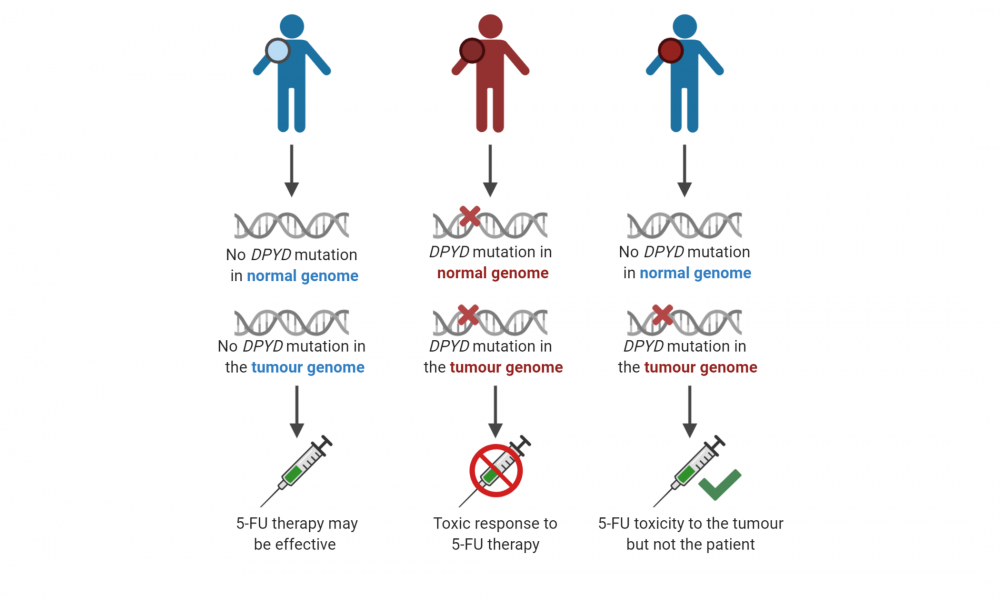News
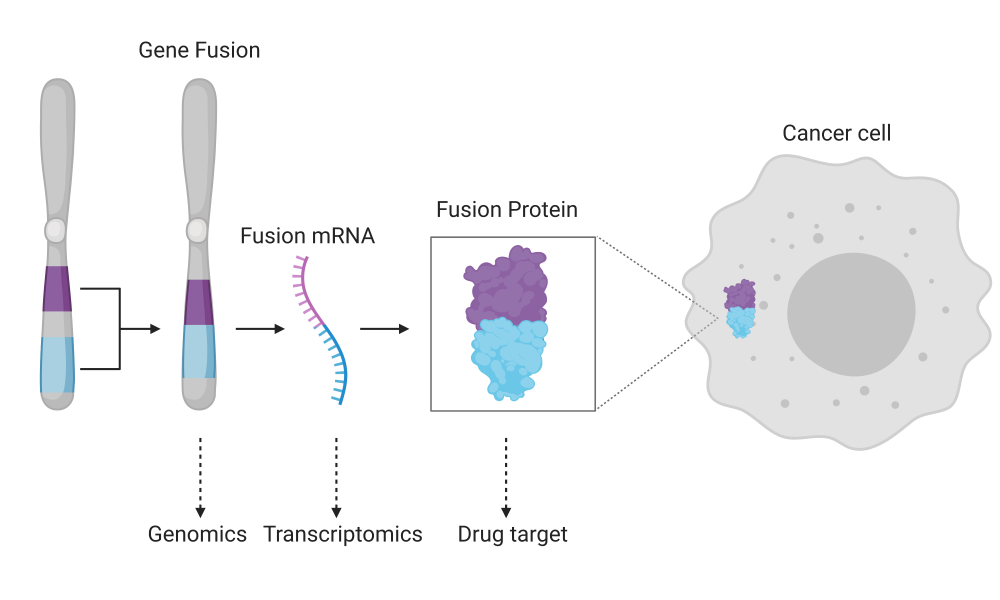
Whole genome and transcriptome analysis enables robust detection of cancer-causing gene fusions
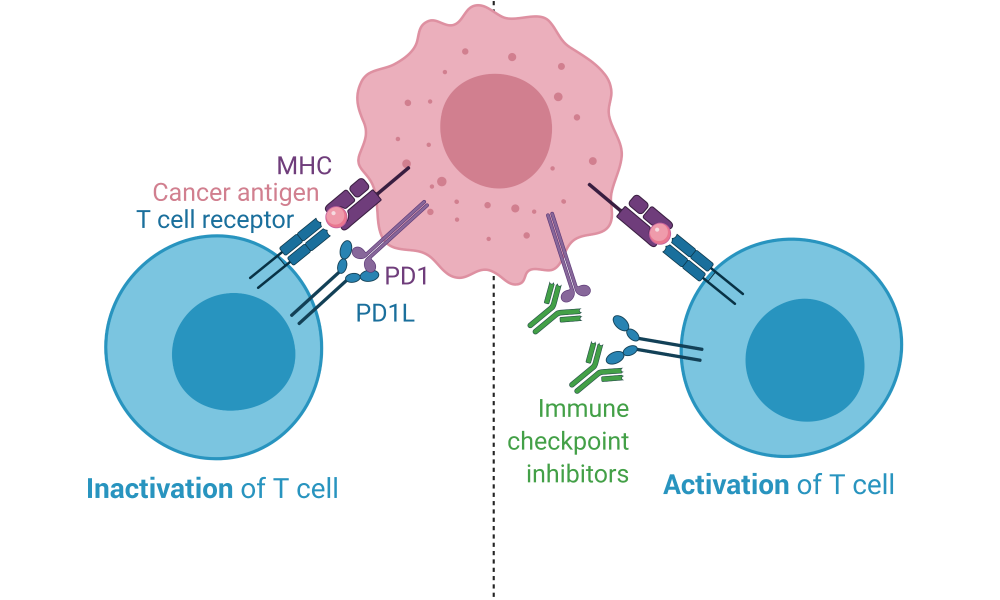
Whole genome and transcriptome sequencing uncovers biomarkers predicting response to immune checkpoint inhibitors
The development of immune checkpoint inhibitors (ICI), a type of cancer therapy that helps the immune system fight tumours, was one of the most significant milestones in cancer treatment in the last decade. While ICI therapy has been used to treat different cancer types, it is not universally effective and relapsed disease occurs. A robust strategy for predicting which patients are likely to respond to ICIs is needed, enabling clinicians to select the best course of treatment for each patient.
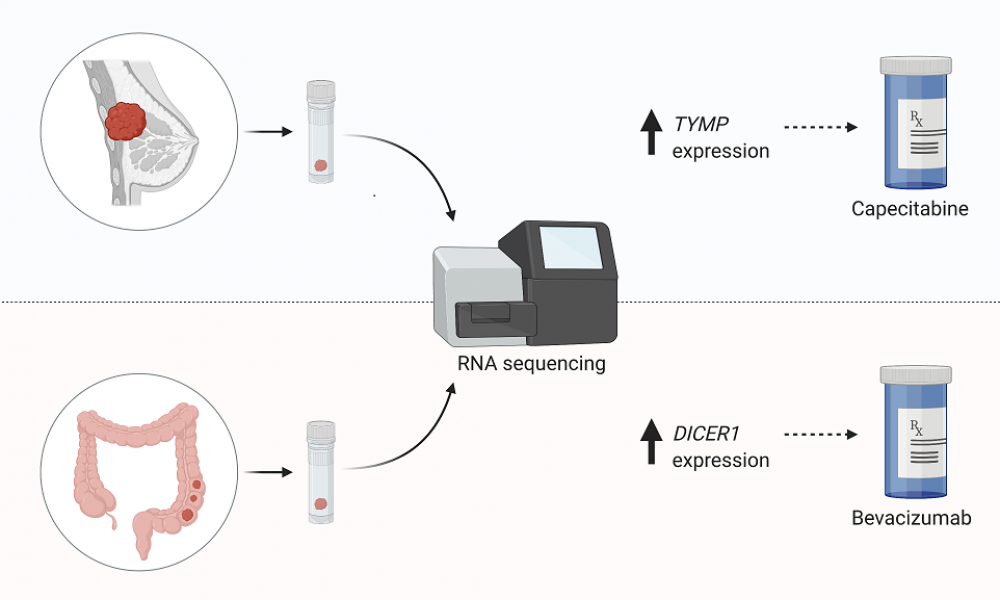
POG researchers uncover potential biomarkers for the treatment of advanced stage breast and colorectal cancer
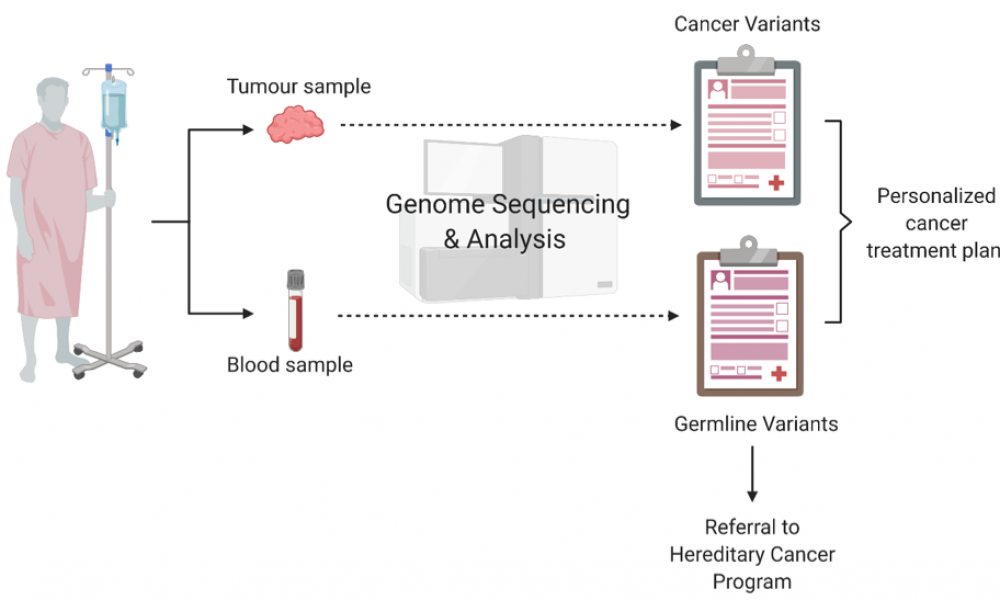
A framework for the management of inherited genetic variation impacting cancer patients and their families
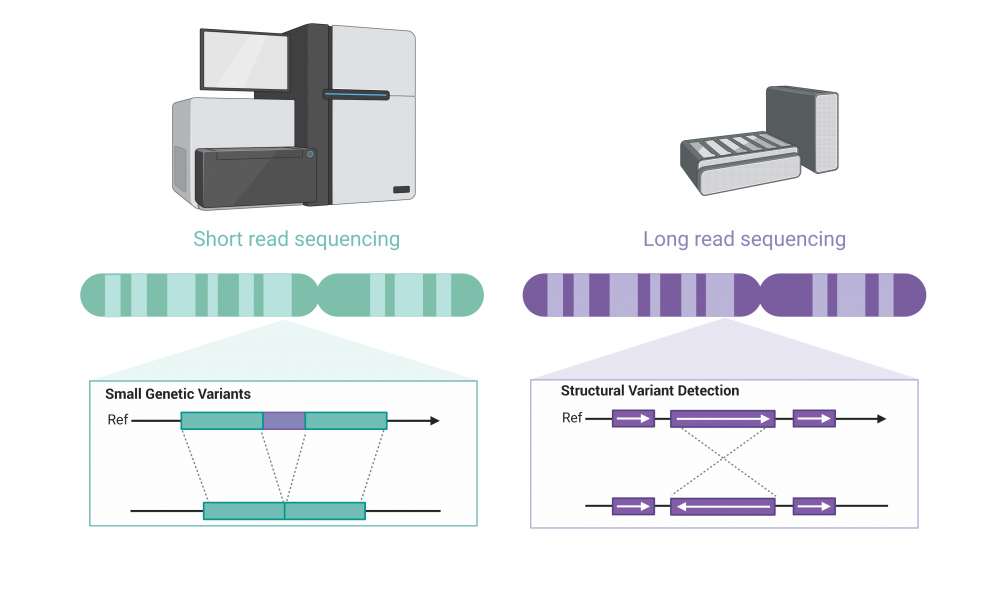
New study illustrates benefits of long-read sequencing technology for precision oncology
Whole genome sequencing has revolutionized cancer treatment planning, enabling the rapid detection of DNA mutations not routinely screened for in the clinic. Until recently, however, scientists were limited in their ability to detect large structural genetic variants using short-read sequencing technology. But with the recent release of long-read sequencing instruments, cancer researchers have been eager to see what such technology could mean for precision oncology.
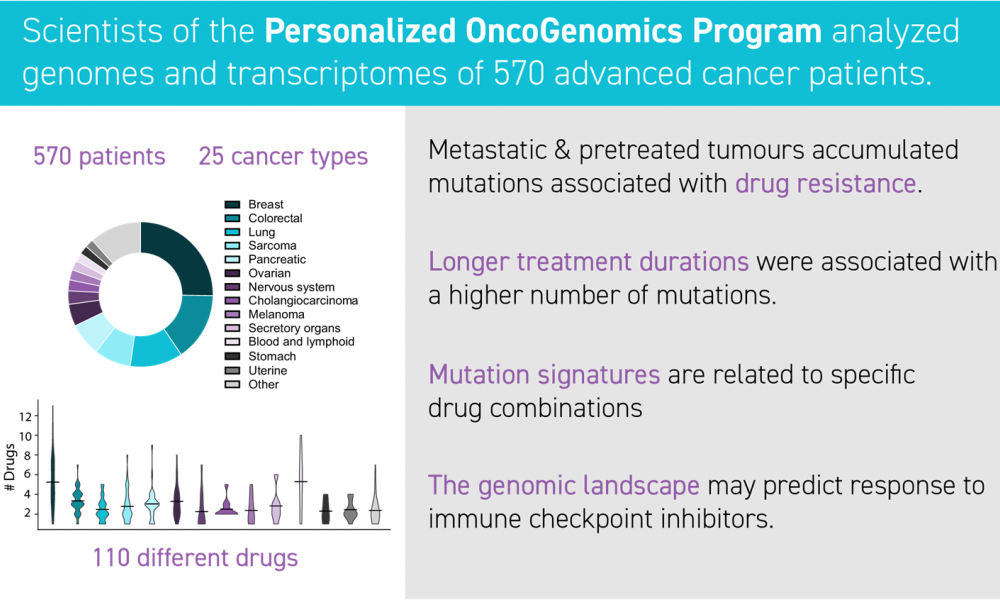
DNA sequencing reveals the scars of cancer treatment
